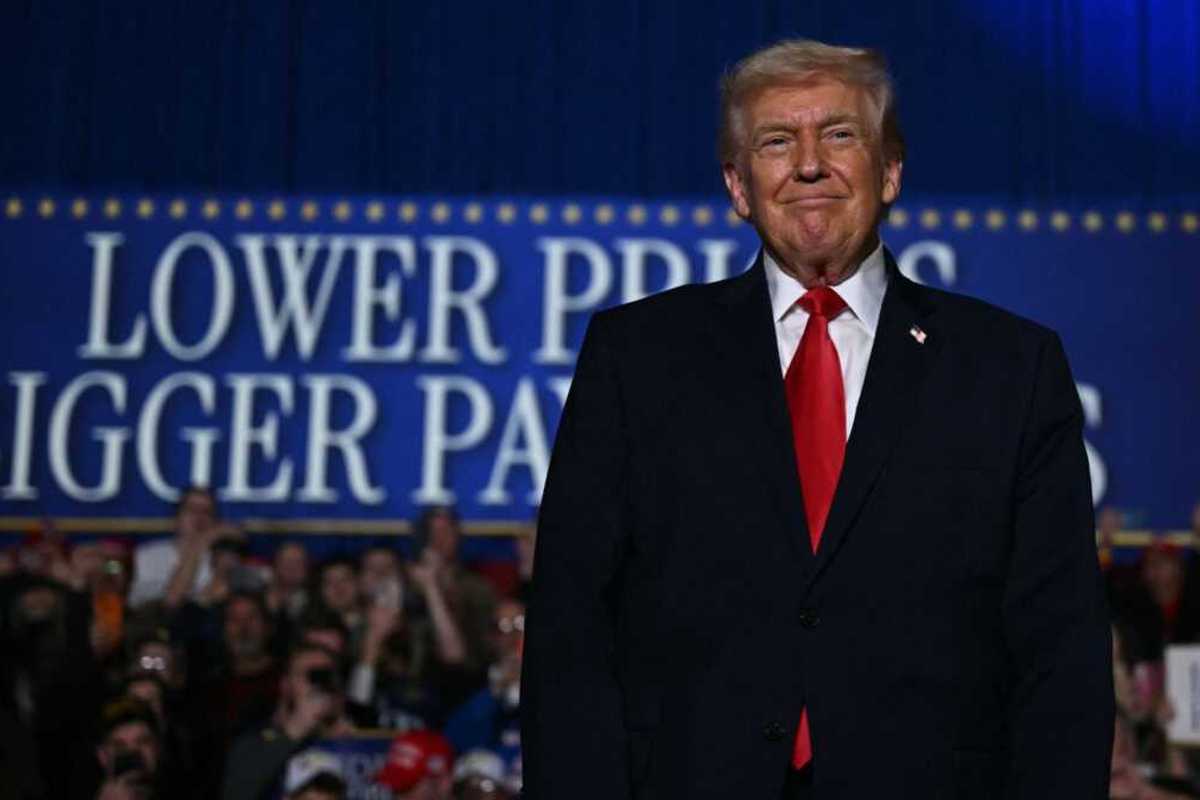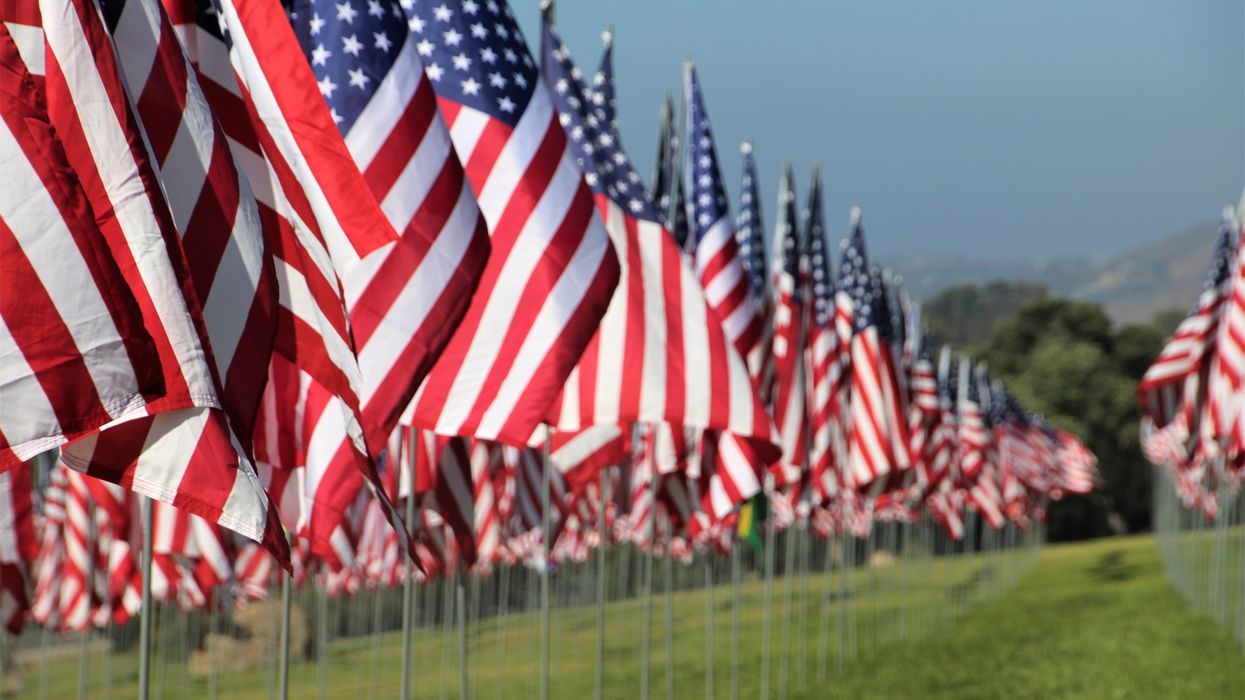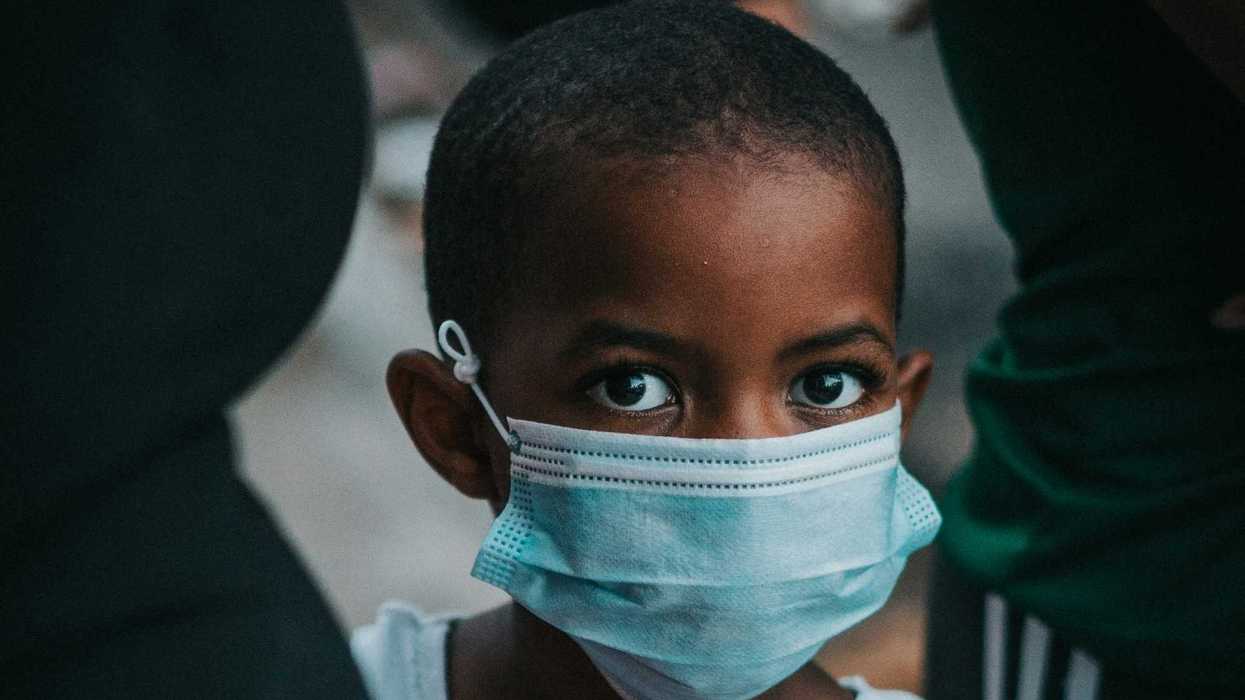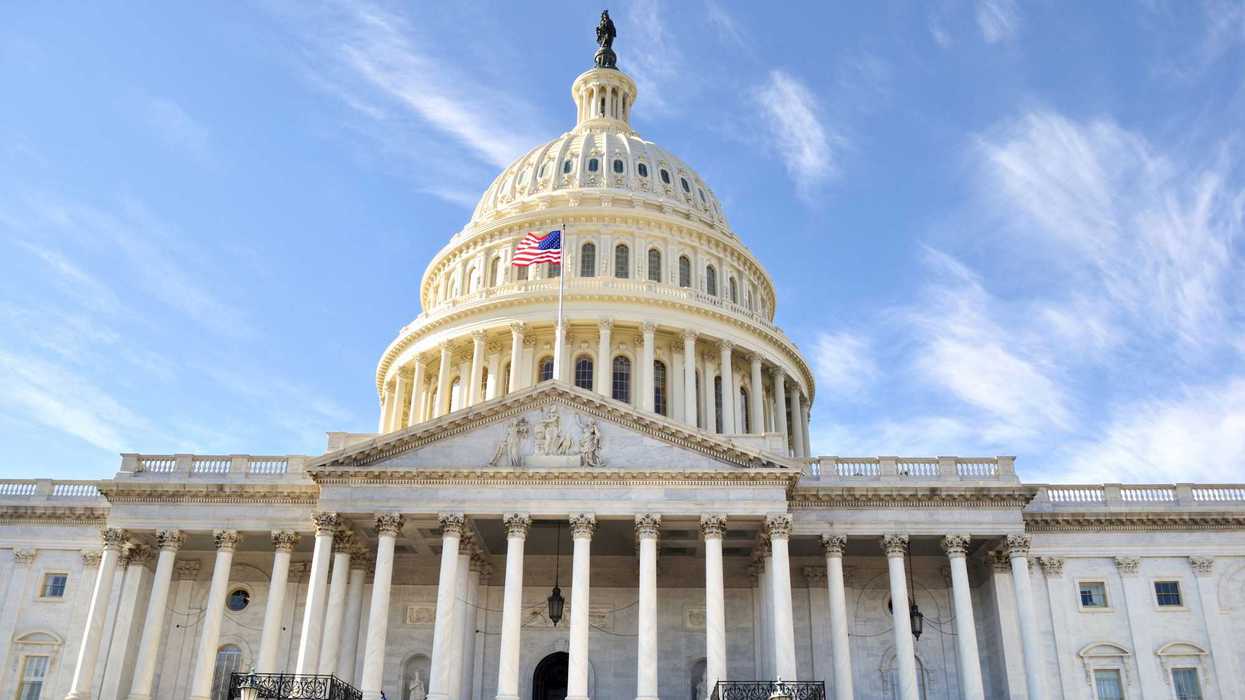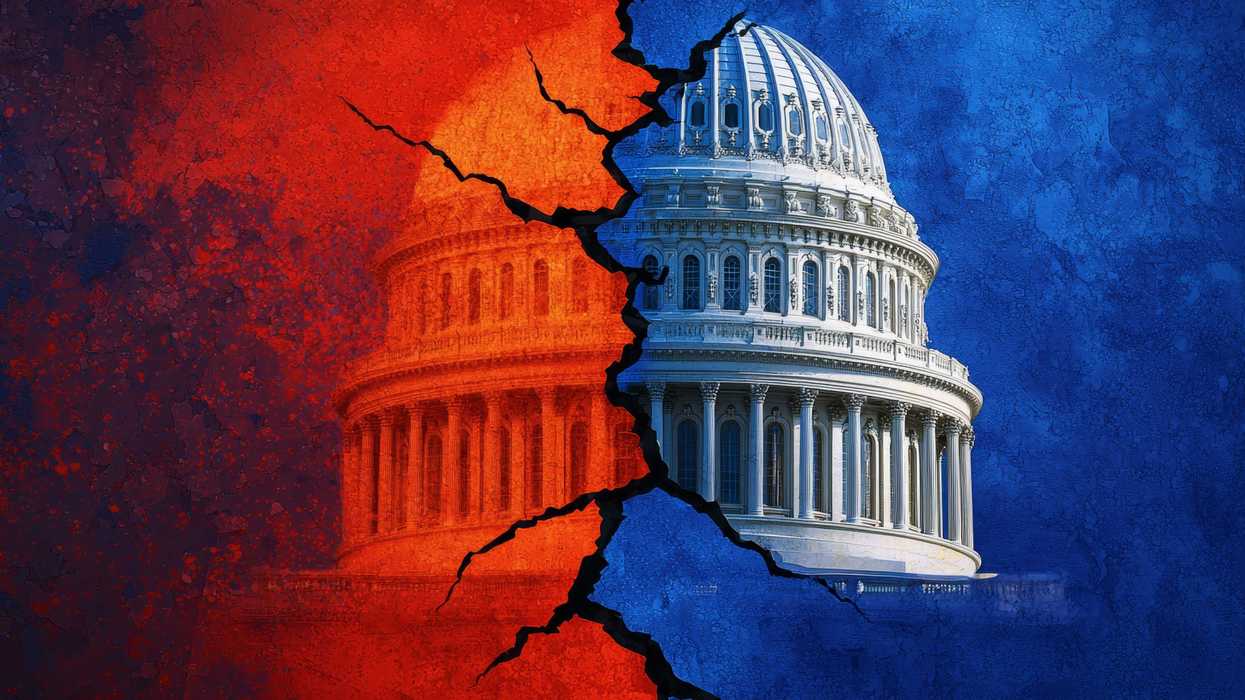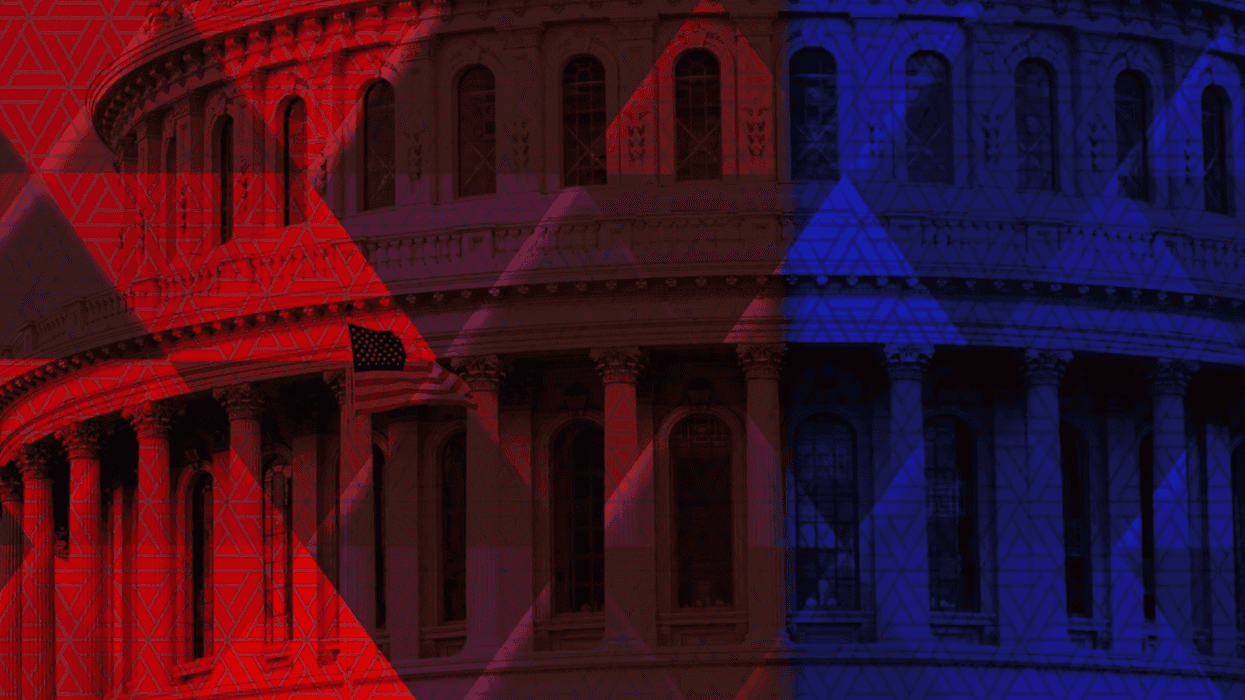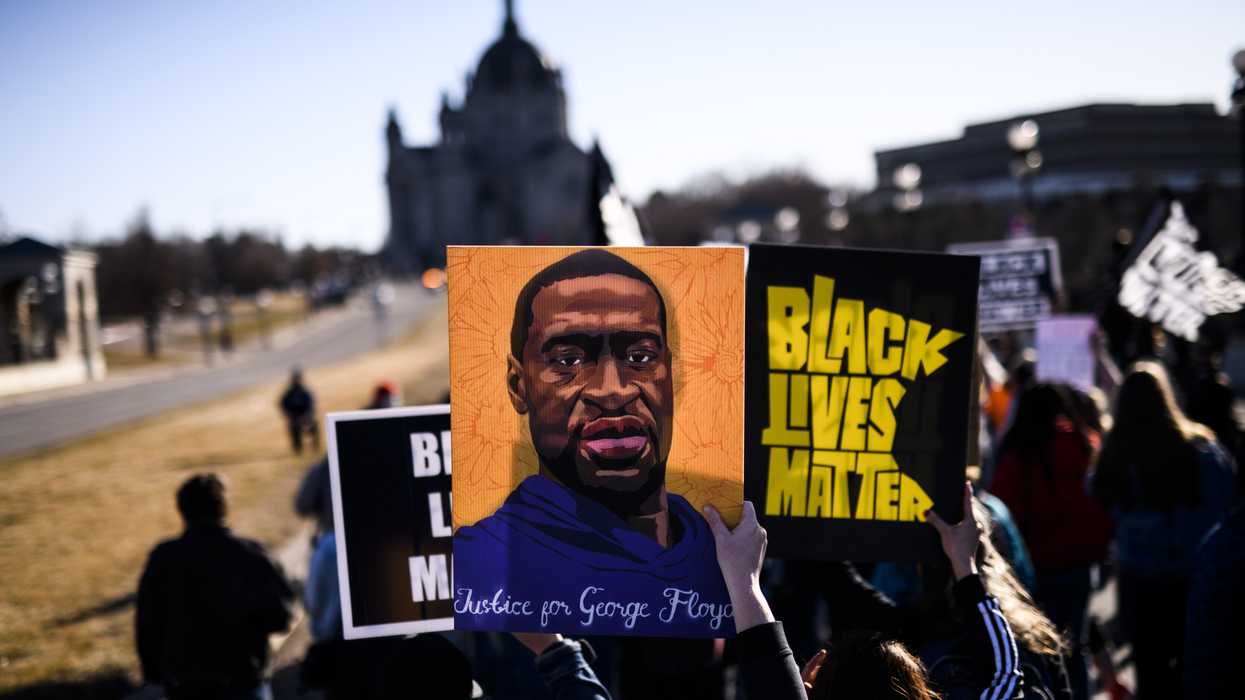Every year during the holiday season, The Fulcrum publishes stories that reflect themes of the holiday season, with universal messages that are central to the holiday spirit — messages of love, kindness, hope and generosity that are universal values to peoples of all cultures and backgrounds.
This season is no different. On this Christmas day we have a special announcement: The fourth annual Faith in Democracy interfaith vigil will take place Jan. 5 on the National Mall in Washington, D.C. It will be led by the Franciscan Action Network, Sojourners, Faith in Peace Concerts, the Leadership Conference of Women Religious and many other partners that will bring together faith leaders and believers from a variety of traditions, all speaking from sacred texts that guide us to protect the rights of all and to resolve our differences without violence.
In the United States, our way of doing that is through a properly functioning and fully representative democracy.
You can join the vigil live and or on a livestream. Hear inspirational music and interfaith messages that unify Americans by emphasizing a strong commitment to, and concerns about, our democracy and our freedoms at this critical juncture.
“We believe that people of faith can be uniters, not dividers. We are relieved that the elections of 2024 have been accepted as free and fair. But we have real concerns about democracy, justice and freedom in America at this juncture. For our country to heal and unite, we must never forget what happened here four years ago, and we must hold those responsible accountable,” said David Searby, project director of Faith in Peace Concerts.
Franciscan Action Network Executive Director Michele Dunne said: “As Franciscans, we are called to act as peacemakers and bridge-builders as well as advocates, but not at the expense of justice. The legacy of January 6 continues to divide Americans and create concern about the health of our democracy as well as our ability to resolve political differences without violence.”
The Faith In Democracy vigil will take place Sunday, Jan. 5, 2025, at 3:30 p.m. ET on Seventh Street at the center of the National Mall between Jefferson Drive and Madison Drive, live and online. Organizers seek to flip the script on Jan. 6 to create a day of continual unity behind democracy, justice and peace. Let's come together to pray for democracy, peace, and unity as our newly elected officials take office.
Register to attend in person or via livestream.
Nevins is co-publisher of The Fulcrum and co-founder and board chairman of the Bridge Alliance Education Fund.




